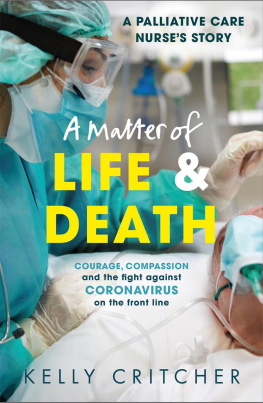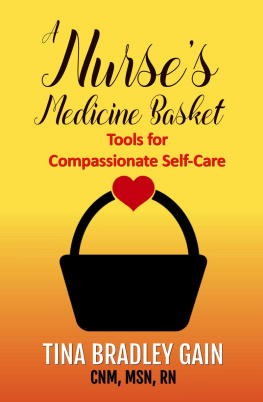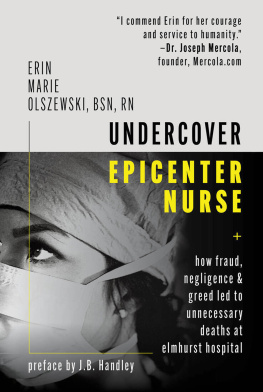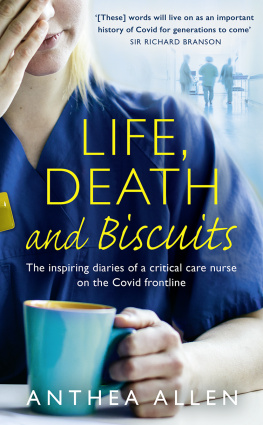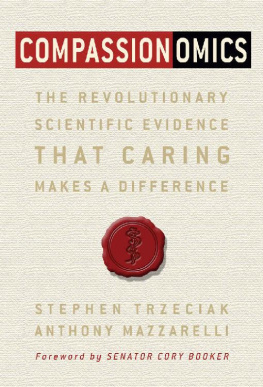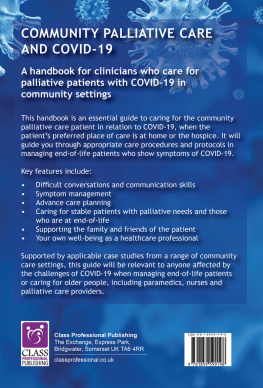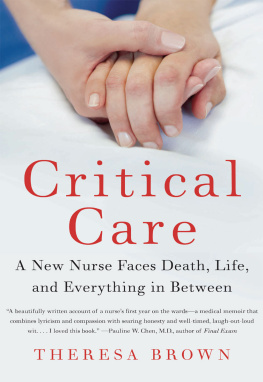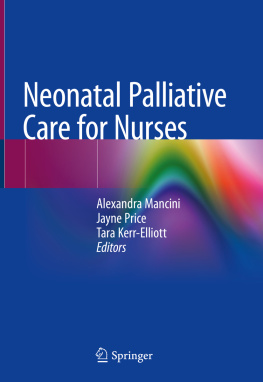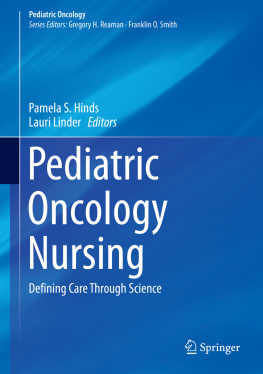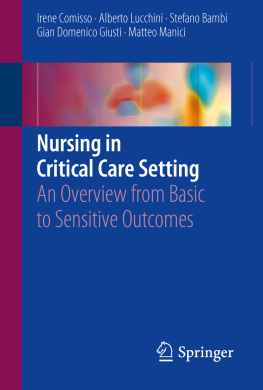

First published in the UK by John Blake Publishing
an imprint of Bonnier Books UK
The Plaza, 535 Kings Road,
London SW10 0SZ
Owned by Bonnier Books
Sveavgen 56, Stockholm, Sweden
www.facebook.com/johnblakebooks 
twitter.com/jblakebooks 
First published in paperback in 2021
Paperback ISBN: 978-1-78946-441-2
Ebook ISBN: 978-1-78946-449-8
Audio Digital Download ISBN: 978-1-78946-446-7
All rights reserved. No part of this publication may be reproduced, stored in a retrieval system, or transmitted in any form or by any means, without the prior permission in writing of the publisher, nor be otherwise circulated in any form of binding or cover other than that in which it is published and without a similar condition including this condition being imposed on the subsequent purchaser.
British Library Cataloguing-in-Publication Data:
A catalogue record for this book is available from the British Library.
Design by www.envydesign.co.uk
1 3 5 7 9 10 8 6 4 2
Text copyright Kelly Critcher 2021
The right of Kelly Critcher to be identified as the author of this work has been asserted by her in accordance with the Copyright, Designs and Patents Act 1988.
Every reasonable effort has been made to trace copyright-holders of material reproduced in this book, but if any have been inadvertently overlooked the publishers would be glad to hear from them.
John Blake Publishing is an imprint of Bonnier Books UK
www.bonnierbooks.co.uk
In memory of India and all the patients and families
I have had the privilege to care for you have all been a huge part of my life and my story.
With special thanks to Mark, for being my best friend and for supporting me always. And to our children, Ellie, Livvie and Ronnie you make us so proud. Follow your dreams be the best you can be.
AUTHORS NOTE
Although this book is based on actual events, some names have been changed to protect the identity and privacy of those who form part of the narrative.
Contents
To be taken into the heart of the front line in this book is harrowing, yet it is rewarding to share the honesty and dedication of those people saving lives and working so hard. I feel inspired, and safe, to be able to read this book and feel very much in the hands of angels.
Chris Difford, singer/songwriter, Squeeze, and curator of The NHS Album
T his book is an insight into my life and my work. I have no agenda other than to tell my story. I mean no offence to anyone, so please dont take any.
Have you, or has anyone you know, ever been called into hospital to have the conversation? The one that goes something like Im sorry, weve tried everything possible, but things are not looking good. Lives change during those conversations. Hearts break. Worlds fall apart.
Have you ever wondered what it might be like to have those conversations day in, day out?
I would like to show you a little of my world and what its like to be a part of someones life at the most difficult time, when it becomes numbered in days, weeks or months. For me, dying is just another phase of life, arguably the most important our last chance to do things we want to do, say things we want to say. But to do this, we rely on the bravery of healthcare professionals to fight their own fears and be honest with us, telling us painful truths, even if this means causing upset.
I realised a few years ago that I had stopped coming home and relaying my extraordinary experiences to my family. What had started as extraordinary had become ordinary. Yet the things I see and do on a daily basis are fascinating. I was afraid that stories would go untold, lost forever as my memories fade. Some stories need to be captured, and I hope this book gives some insight into what ordinary NHS staff do on a daily basis. For reasons of privacy, some names and details have necessarily been changed. But all the stories are true.
Ive been a nurse for seventeen years. Having first gained a degree in business management, I realised that my heart lay elsewhere. It took me a while to get there, but once I did, I never looked back. As a student nurse, I was asked to visualise and draw what nursing meant to me. So I drew (badly) an apple core to signify that nursing is at the centre of everything I do, everything I see and everything I feel. I love being a nurse. I love my job.
Starting my career in the acute sector, I was like a sponge, absorbing every bit of knowledge I possibly could; seeing patients at their most vulnerable, watching lives being saved on a daily basis, witnessing medicine at its best, in all its glory. Yet alongside the treatable, the curable, the survivors are those patients whose needs often get pushed aside. The patients who wont get better, cannot be cured, will not survive the palliative and the dying. I felt they deserved better and the more I saw, the stronger my feelings became.
Eventually, I took a giant leap in the world of healthcare from acute to palliative nursing. Little did I know it then, but in March 2020 this combination of nursing specialities would come to the fore in the battle against Covid-19, a dangerous and fast-spreading virus that took the world by surprise and brought some areas of the NHS to its knees.
In my book I take you into the world of Northwick Park, a major general hospital in Greater London. From my first days on the ward as a student nurse through to the recent coronavirus pandemic, there has never been a dull day. It is a place full of hustle and bustle hosting a never-ending flow of people from all walks of life. Staff, visitors, patients, relatives, carers, police officers, ambulance technicians, porters, nurses, doctors, physiotherapists, domestic staff, adults, children, mums in labour. The happy, the sad, the new parents, the recently bereaved. All joined together, experiencing the best and the worst of the healthcare system. Each with their own story to tell about our magnificent NHS, of which I am hugely proud to be a part.
This is my story.
BEFORE
M um always thought I should do something in health. From time to time during my childhood and teenage years shed mention nursing, but when she saw it wasnt having much of an impact shed talk about a career in occupational therapy. Youll be able to use your caring side doing that, shed say.
At the time I wasnt interested. I didnt really know what I wanted to do, to be honest, but as far as I was concerned it didnt involve nursing. I studied human biology at sixth form in Shrewsbury, where I grew up, but did embarrassingly badly at it. And yet, I was aware that nursing was in my blood. My mum, Jan, had been a nurse before starting a new career as a fitness instructor, my maternal grandmother was a nurse and her husband (my grandfather) had worked as a medical attendant in a silver and platinum factory in London, where he dealt regularly with gruesome burns and severed fingers. Mum and both her parents were members of the Red Cross, forever doing demos and talks, overseeing first-aid courses, civil defence manoeuvres and drills in preparation for emergencies.
Mum remembers how many of their fellow residents on the council estate in which they lived would call round to have minor emergencies treated. Bicycle crashes, roller-skating accidents, cuts, grazes, sprained ankles, sore throats, toothache whatever the problem, Nan and Granddad appeared to be able to deal with it, thanks to their knowledge and a good stock of essential first-aid items kept in a kitchen cupboard, including aspirin, Anadin, Friars Balsam, menthol and eucalyptus oils, calamine lotion (which, in her early years, she referred to as Caroline Ocean), Contusol (a green, smelly liquid, always liberally applied to bruises), kaolin poultice for aches, pains and swellings, iodine, cloves, scissors of various sizes, tweezers and needles for splinters, tongue depressors, butterfly sutures, crepe bandages, cotton bandages, gauze swabs, Vaseline, non-stick dressings, slings and stockinette tubing of different sizes, along with the applicators necessary to wrestle them onto damaged digits To say it was a well-stocked cupboard is an understatement!
Next page
